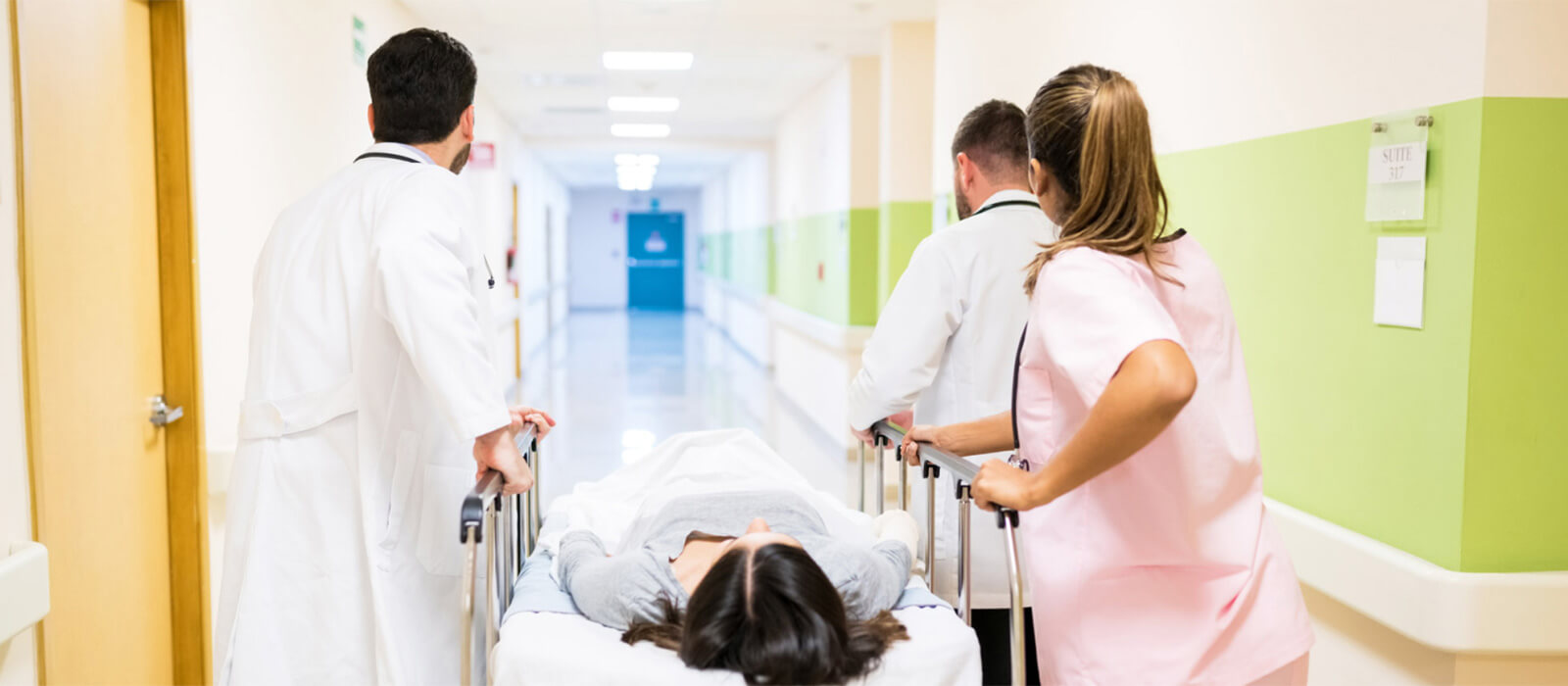HEALTH INFORMATION
Emergency Care
If you or someone you know is experiencing a crisis or having thoughts of suicide, please seek help immediately by contacting a crisis hotline or visiting your nearest emergency room. You are not alone, and there are trained professionals ready to assist you 24/7.

When to go to an Emergency Department
Go to an Emergency Department for critical or life-threatening conditions or mental health emergencies.
Our emergency departments provide the highest level of care for medical issues such as:
- Involvement in a major accident
- Trouble breathing or catching your breath
- Severe abdominal or chest pain/pressure
- Signs of stroke, for example facial droop, arm weakness or slurred speech
- Loss of consciousness
- Uncontrolled bleeding
- At risk of or are threatening to seriously harm themselves or others. You can also access crisis intervention and suicide prevention services.
- TSeeing or hearing things.
- Believing things that are not true.
- Unable to care for themselves such as not eating, sleeping, bathing, getting out of bed or dressing.
- Still having trouble with symptoms even after they tried treatment with therapy, medication and support.
Emergency department frequently asked questions
- For a heart attack: Call 911 immediately. Have the person rest in a comfortable position, loosen any tight clothing, and if available, give them aspirin to chew slowly. Monitor their condition until emergency medical help arrives.
- For a stroke: Act FAST. Look for facial drooping, arm weakness, or speech difficulties. If you observe any of these signs, call 911 immediately. Note the time when symptoms began, as this information is crucial for medical professionals.
- Signs of a severe allergic reaction (anaphylaxis) include difficulty breathing, swelling of the face or throat, hives, and a rapid heartbeat. If someone is experiencing these symptoms, administer an epinephrine auto-injector (if available) immediately. Keep the person lying down with their legs elevated to help maintain blood flow.
- Remain calm and assess the situation. If there is severe bleeding, apply direct pressure to the wound using a clean cloth or bandage. For broken bones, immobilize the injured area using a splint or makeshift support.
- Symptoms of an overdose may include confusion, unconsciousness, difficulty breathing, seizures, and changes in skin color. If you suspect someone has overdosed. Stay with the person and provide reassurance while waiting for emergency responders. If the person is not breathing, perform CPR if you are trained to do so.
-
Call : 108



